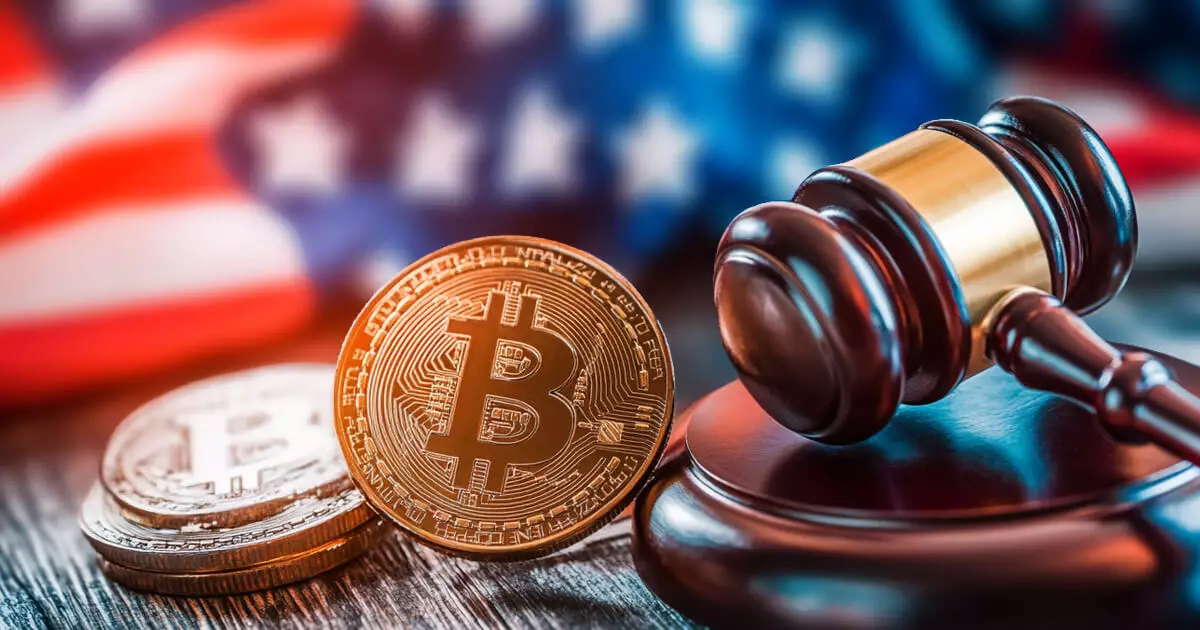The legal landscape surrounding cryptocurrency in the United States is undergoing a significant transformation. As the U.S. Attorney’s Office in Manhattan announces a reduction in its focus on prosecuting crypto-related crimes, industry stakeholders are left to ponder the implications of this reevaluation. This decision comes on the heels of several high-profile cases, most notably the conviction of FTX founder Sam Bankman-Fried, signaling a close yet contentious relationship between law enforcement and the burgeoning cryptocurrency sector.
During a recent Practising Law Institute conference, Scott Hartman, co-chief of the securities and commodities task force for the Southern District of New York (SDNY), confirmed this change in strategy. He emphasized that while the office would still prosecute fraud and misconduct within the blockchain realm, there would be a marked decrease in the number of prosecutors assigned to crypto cases. The cryptocurrency market’s tumultuous downturn in 2022 had exposed myriad instances of fraud, warranting intense legal scrutiny, but now, a new posture seems to be emerging.
The recent shift in focus is further complicated by broader changes within the Manhattan U.S. Attorney’s Office. The nomination of Jay Clayton as U.S. Attorney, following Damian Williams, amplifies the uncertainty surrounding future regulatory practices. Clayton’s prior tenure as SEC chair from 2017 to 2021 was characterized by a conservative approach to cryptocurrency regulation, starkly contrasting the robust enforcement tactics currently pursued by Gary Gensler, the sitting SEC chair. The inconsistency in regulatory approaches raises questions about the overall direction of U.S. crypto policy and how it may affect future prosecutions.
As the past administration’s philosophy leaned towards deregulation, many in the cryptocurrency community had rallied behind Donald Trump’s campaign, yearning for a more accommodating regulatory environment. However, with Clayton’s appointment, there lies a potential pivot back to a more restrained and perhaps business-friendly regulatory climate. This change could immensely influence how crypto companies operate and interact with federal authorities moving forward.
The reallocation of prosecutorial resources suggests that the SDNY is banking on regulatory partners to take the lead in monitoring the crypto sector. This reliance on independent regulatory bodies could redefine the landscape of compliance and law enforcement in the digital finance space. For many crypto firms, understanding the evolving relationship between regulatory oversight and prosecutor focus will be crucial for navigating this complex environment.
As the crypto market continues to recover and mature, the industry must stay alert and agile to adapt to these shifting operational paradigms. While this reduction in direct legal scrutiny may seem like a relief, it also exposes a different set of risks, especially if industry behavior doesn’t align with evolving regulatory expectations. The landscape will likely remain volatile, highlighting the need for continuous dialogue between industry players and regulators to foster a balanced and fair approach to cryptocurrency law.
As the U.S. grapples with its crypto future, the balance between regulation and innovation will be essential in crafting a framework that supports growth while ensuring accountability. The recent changes at the SDNY underscore this delicate equilibrium and set a precedent for how the crypto economy may evolve in the years to come.















